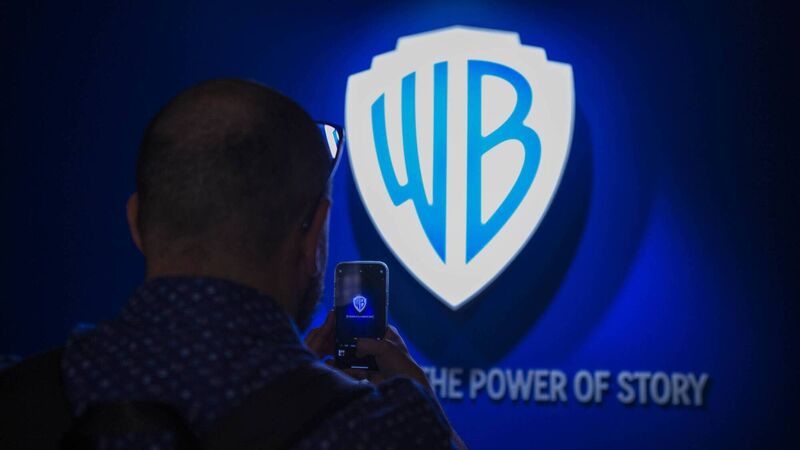Warner Bros Discovery splits streaming from cable TV

The networks unit, which will hold up to a 20% stake in its counterpart, will house CNN, TNT Sports and Bleacher Report. File Picture: Visit California
Warner Bros Discovery said it would split into two publicly traded companies, separating its studios and streaming business from its fading cable television networks as the parent of HBO and CNN looks to compete better in the streaming era.
The break-up, announced on Monday, is the latest sign of the great unravelling of decades of media consolidation that have created global conglomerates spanning content creation, distribution, and in some cases telecommunications.














